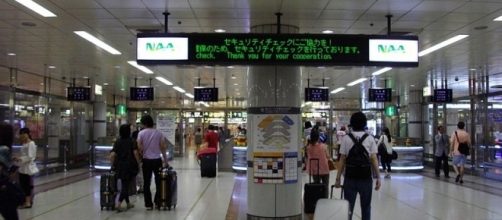The laptop ban has finally been withdrawn. It had been introduced in the month of March prohibiting the carrying of laptops in the cabin of direct flights to the United States to check the possibilities of any terror attack in midair. The ban was applicable to certain specific Muslim majority countries located mostly in the Middle East.
Department of Homeland Security (DHS) had assured that the ban would be lifted if the airports upgraded their security procedures. The airports have complied and, hence, the ban is withdrawn and passengers will not be separated from their laptops.
The ban and its effects
According to New York Times, the restriction on passengers headed for the United States from some Muslim-majority countries can now carry their laptops and other large electronic devices into the cabin as cabin baggage. The laptop ban had been introduced as an anti-terrorism measure because of fears that the Islamic State was developing bombs that could be concealed in portable electronic devices.
The ban had a direct impact on travelers who make use of the long hours of direct flight to continue with their work even while on the move. Moreover, airlines had apprehensions about probable loss of revenue because of less number of people. Therefore, Homeland Security took a decision to relax the ban provided airlines improved their security measures at the point of origin itself.
One of these was the ability of airport authorities to screen passengers for traces of explosives which was complied with by the airports. This was proof that all concerned were committed to raising the bar on global aviation security because terrorism is a major threat to society with innocent lives at stake.
Terrorism is a global affair
Airlines are usual targets of terrorists and incorporating anti-terrorism measures is a major worry for those who are associated with the industry. The world has witnessed the devastation caused by terrorists in the 9/11 attack on Twin Towers in New York. There have been other attacks and several attempts of midair terrorism and the laptop ban was an anti-terrorism measure.
It was applicable to some airports in the Middle East and on specific airlines that used the designated airports in those countries as hubs. Realizing the problems that had cropped up due to the ban, the Transportation Security Administration interacted with the airlines to monitor the progress on improved security setups. They will now have to include another important aspect to make the security more foolproof – namely, conduct interviews of the passengers bound for the United States before they board the flight. This will be a part of the screening process and the objective is to ensure a clean and safe flight for the aircraft. Homeland Security is keen to improve the level of aviation security everywhere.


